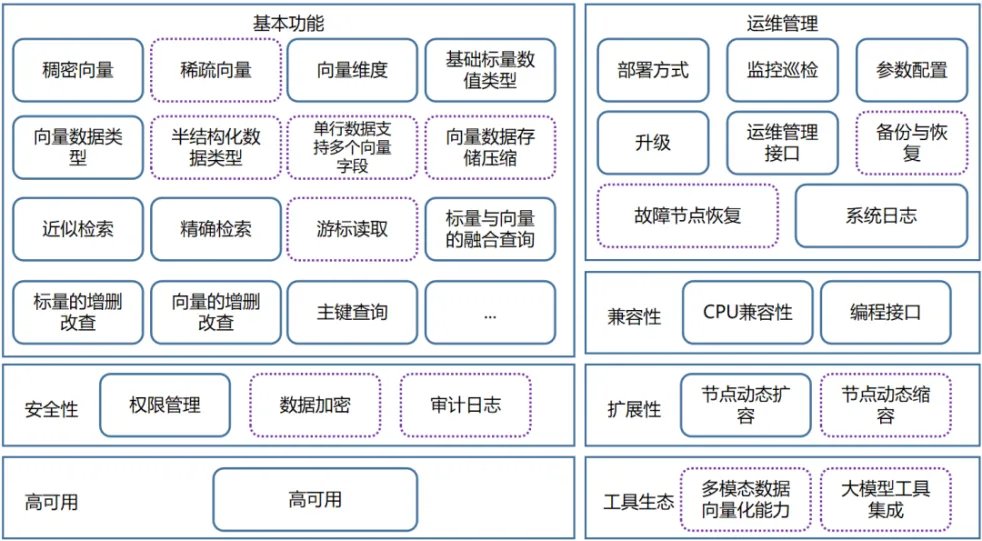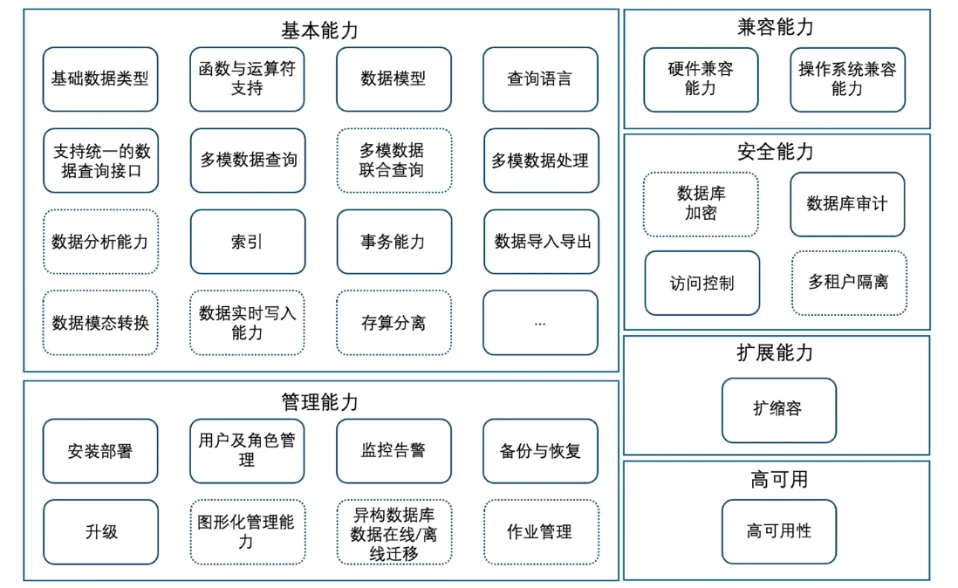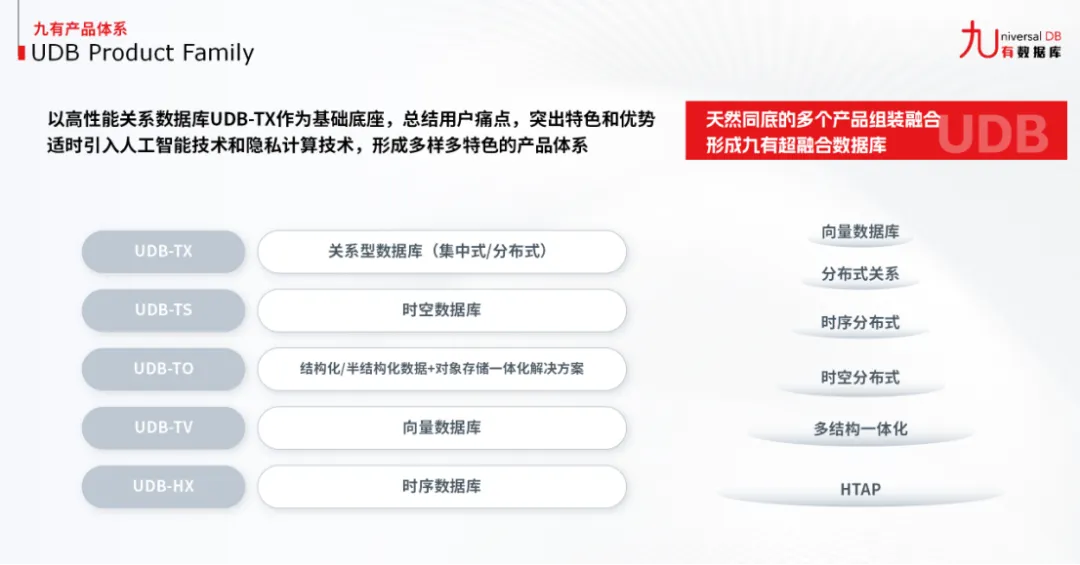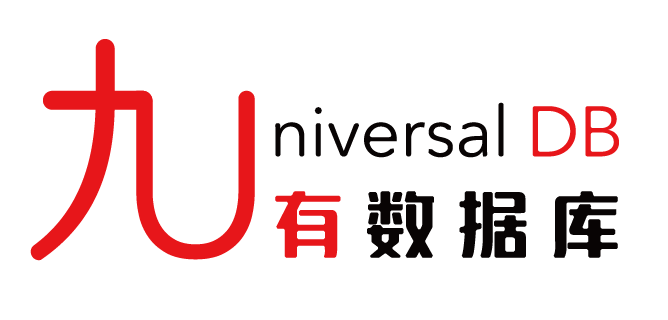Breaking News! Universal Database UDB-TX Completes Product Testing of Vector Database and Multimodal Database of China Information and Communications Technology Institute (ICTI) at the Same Time
In the context of the digital era, data types are becoming more and more diversified, especially the proportion of unstructured data continues to rise.In the face of this trend, users put forward higher requirements on the multimodal processing capability of databases.Vector databases and multimode databases, as new types of data management solutions, are receiving widespread attention: vector databases mainly serve the efficient management of unstructured data and similarity search, and have been widely used in AI scenarios, such as translation, recommendation, search, etc.; multimode databases, on the other hand, support the unified management of a variety of data models, enhance system flexibility and development efficiency, and are suitable for content management, e-commerce, permission control, and other scenarios.According to the Database Development Research Report (2024), these two types of database technologies are included in the future technology trends of database development, and have been widely implemented in practical applications.Both aim to meet the challenges of data complexity and show the potential for convergence and development in multiple business areas, becoming the key foundation for intelligent data processing.
Recently, in the "Trusted Database" vector database and multi-mode database product test of China Information and Communications Technology Institute, Shenzhen Universal Database Company Limited (hereinafter referred to as "Universal Database") has completed the "Vector Database" and "Multi-mode Database" basic capability test at the same time. Vector Database and Multimode Database Basic Capability Test. The vector database testing process is based on the requirements of the standard in the seven major capability domains of basic functionality, operation and maintenance management, security, compatibility, scalability, high availability and tool ecology. The multi-mode database testing process is based on the requirements of the standard in the six major capability domains of basic functions, operation and maintenance management, security, compatibility, scalability and high availability. The test results show that the product meets the requirements of the standard in terms of functional completeness, ease of use and universality of vector database and multimode database.
The Technical Requirements for Vector Database is a technical standard prepared by the Institute of Cloud Computing and Big Data of the China Academy of Information and Communications Technology (ICT), relying on the Big Data and Blockchain Working Group of the China Communications Standards Association (CCSA TC1 WG6) and the Committee for Promoting Big Data Technical Standards (CCSA TC601), with the joint participation of experts from more than 50 enterprises.It contains a total of 47 test items in seven major capability domains, namely, basic function, operation and maintenance management, security, compatibility, scalability, high availability, and tool ecology, which are divided into 27 mandatory and 20 optional items.As the first vector database technical standard in the industry, it can provide reference for vector database R&D, testing and selection.

Standard Framework for Technical Requirements for Vector Databases
The Technical Requirements for Multi-Mode Database is a technical standard prepared by the Cloud Computing and Big Data Research Institute of the China Academy of Information and Communications Technology, relying on the Big Data and Blockchain Working Group of the China Communications Standards Association (CCSA TC1 WG6) and the Committee for Promoting Big Data Technical Standards (CCSA TC601), with the joint participation of experts from more than 30 enterprises.It contains a total of 33 test items in six major capability domains, namely, basic function, operation and maintenance management, security, compatibility, scalability and high availability, which are divided into 21 mandatory and 12 optional items.As the first multi-mode database technical standard in the industry, it can provide reference for the research and development, testing and selection of multi-mode databases.

Standard Framework for Technical Requirements for Multimode Databases

Universal Database UDB-TX is the foundation base of Universal Hyperconverged Database, which is designed as a new generation of high-performance database supporting both centralised and distributed modes of 6 sets of architecture deployment. Universal Hyperconverged Database is a high-performance multimodal data base for AI.
The Universal Database UDB-TX product capability has the following features:
Deployment flexibility: It supports centralised and distributed modes and six deployment architectures to meet the needs of different business scenarios of customers.Centralised can be seamlessly converted to distributed mode.
Elastic Scaling: The resources of the distributed model can be elastically scaled with the business needs, including two layers of coordination nodes (CN) and data nodes (DN).It supports automatic balancing and redistribution of data.
Modal Diversity: It supports a variety of modal data models including relational data, graph data, time series data, spatio-temporal data, vector data, wide table, KV, document, object data, etc., to meet the needs of customers for diverse data processing.Provide customers with low-cost, high-performance database services.
Big Model Integration: Through the integration of big models, AI processes are built into the database to achieve in-database vectorisation, and the combination of Knowledge Graph and MCP technology achieves the tight integration of private domain data and big models.
Unified Management: The product is integrated with the company's intelligent operation and maintenance platform UDB-AIOps, providing one-stop, visualised operation and maintenance management from deployment and installation, operation and maintenance monitoring, daily management and performance optimisation.
Name*
*Email
Phone
Message
Verification Code
